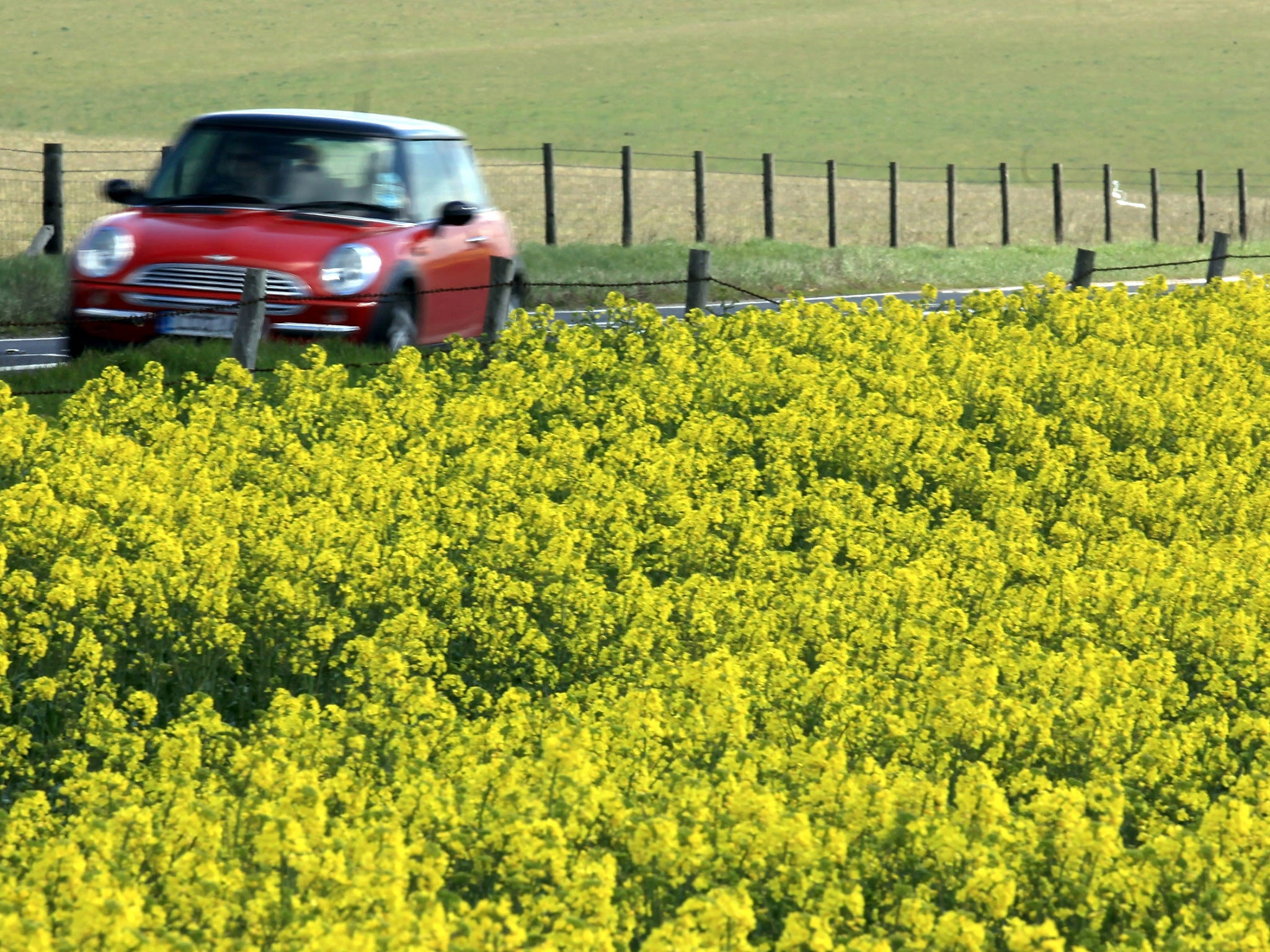Norfolk council prepares to vote on whether to by let public park and roadside plants grow wild
'It could perform a vital function by providing habitat for wildlife'

Your support helps us to tell the story
From reproductive rights to climate change to Big Tech, The Independent is on the ground when the story is developing. Whether it's investigating the financials of Elon Musk's pro-Trump PAC or producing our latest documentary, 'The A Word', which shines a light on the American women fighting for reproductive rights, we know how important it is to parse out the facts from the messaging.
At such a critical moment in US history, we need reporters on the ground. Your donation allows us to keep sending journalists to speak to both sides of the story.
The Independent is trusted by Americans across the entire political spectrum. And unlike many other quality news outlets, we choose not to lock Americans out of our reporting and analysis with paywalls. We believe quality journalism should be available to everyone, paid for by those who can afford it.
Your support makes all the difference.Grass verges on the roadsides of rural Norfolk could become considerably longer and wilder as the county council prepares to vote on whether to cut them far less frequently to save money.
A vote in favour would see Norfolk follow councils across austerity Britain in looking to cut costs by letting public park and roadside plants grow wild and free. But the move is highly contentious, with environmentalists broadly in favour and motoring organisations strongly against.
In Norfolk, a vote will be taken to reduce the number of times the grass is cut on the straight parts of the county’s rural roads from twice a year to once every two years in the future – saving the council £84,000 a year.
Toby Coke, chairman of the council’s environment, development and transport committee, said: “It would not apply to junctions, cross-roads, bends and other safety black spots. ”
Britain’s grassland has been depleted in recent decades putting pressure on wildlife, including flowers, bees and butterflies. Paul Wilkinson of the Wildlife Trusts said: “It could perform a vital function by providing habitat for wildlife.” But Paul Watters of the AA said leaving verges uncut left them “unkempt” and could obscure road signs.
Join our commenting forum
Join thought-provoking conversations, follow other Independent readers and see their replies
Comments